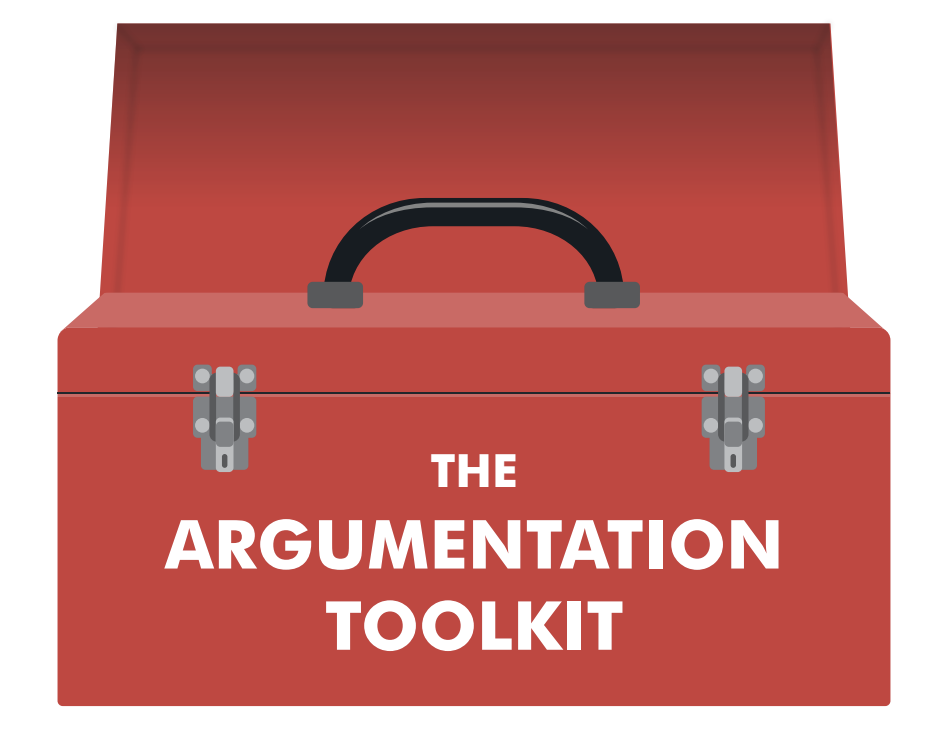How does considering competing claims support students’ use of evidence and reasoning?
Introductory Module Session 2
Session Goals:
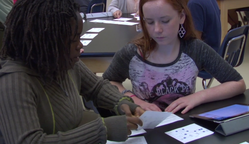
- Teachers will develop an understanding of argumentation as a social process in which students build, question and critique claims using evidence and reasoning.
- Teachers will be introduced to a Card Sort as an instructional activity that promotes students use of evidence to evaluate multiple claims.
- Teachers will design a new lesson or revise an existing lesson to integrate argumentation into their science instruction.*
- Teachers will identify areas of argumentation that are challenging for their students.*
*Note: These final two goals are only applicable if the module is implemented as multiple sessions
Session Slides:
Introductory Module Session 2 PDF
Agenda:
*Extension discussion – Try it with your students!
- Video: Using evidence to consider competing claims
- Activity: Mystery fossil card sort 2
- Video & Discussion: Arguing about competing claims
- Session takeaways
*Extension – Try it with your students!
Materials:
*Extension discussion – Try it with your students!
Share your experience:
- Share the lesson you developed to focus on evidence, as well as any student artifacts you may have.
Discussion Questions:
- What went well with the lesson? Why do you think it went well?
- What was challenging with the lesson? Why do you think it was challenging?
1. Video: Using evidence to consider competing claims
Watch the video below, which describes how evidence can be used to evaluate multiple claims.
2. Activity: Mystery fossil card sort 2
The task:
1. Work in pairs or small groups to categorize evidence cards as supporting either:
a) The fossil tooth came from a prehistoric mountain lion.
b) The fossil tooth came from a prehistoric shark.
c) Other
2. Make sure to articulate why you sort cards as you do.
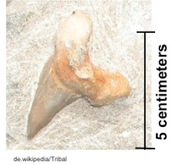
Setting up your cards:
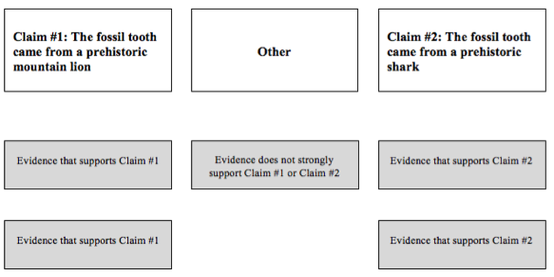
Discussion about card sort:
- After sorting cards from Group #1:
- Which claim do you feel is best supported given the existing evidence?
- After sorting all the cards, including those from Group #2:
- How were your discussions similar/different when you engaged in this card sort compared to when you sorted evidence cards for one claim?
- What did you talk about when you were discussing the evidence?
- Did your conversations change once you received the cards from Group #2?
3. Video & Discussion: Arguing about competing claims
Watch the video below, which describes engaging students in arguing about competing claims.
Discussion Questions:
- What are the benefits to having your students engage in competing claims?
- What challenges do you think your students might have when engaged in this work?
- What types of activities (e.g. card sort, evidence from text, science seminar) can you envision incorporating into your instruction? Why?
4. Session takeaways
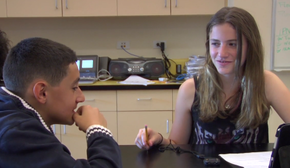
- Often scientists develop competing claims about a particular phenomenon. They use evidence to decide which claim is stronger.
- As new evidence emerges, scientists re-evaluate the strength of claims.
- Competing claims provide students with an authentic reason to argue.
- Weighing multiple claims can encourage students to think about why the evidence supports the claim and refine their understanding of the science concepts.
* Extension – Try it with your students!
The task:
- Develop or revise a lesson to encourage students to include the consideration of competing claims. This lesson could be a card sort, making sense of data from an investigation, using evidence from text, a science seminar or another type of activity.
- For the next meeting, bring the lesson you developed, as well as potentially student artifacts (such as writing) or a video clip of students engaged in this.
View Other Sessions
Introductory Module Agenda
| Session Name | Description | Length |
|---|---|---|
| Session #1: What is the role of evidence in a scientific argument? | This session introduces the four areas of argumentation that students need extra support in, and then focuses specifically on the role of evidence. | 45 minutes |
| Session #2: How does considering competing claims support students’ use of evidence and reasoning? | This session illustrates how engaging students in competing claims supports their use of evidence and reasoning, and also deepens their understanding of the science content. | 45 minutes |
| Session #3: What is the role of reasoning in a scientific argument? | This session focuses on the role of reasoning, and introduces an instructional strategy that can help students incorporate reasoning into their written arguments. | 45 minutes |
| Session #4: How do we support students in interacting with peers during argumentation? | This session highlights the interactive nature of argumentation using an activity in which students analyze data with peers. | 45 minutes |

